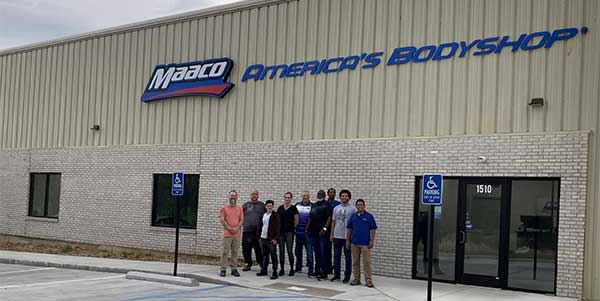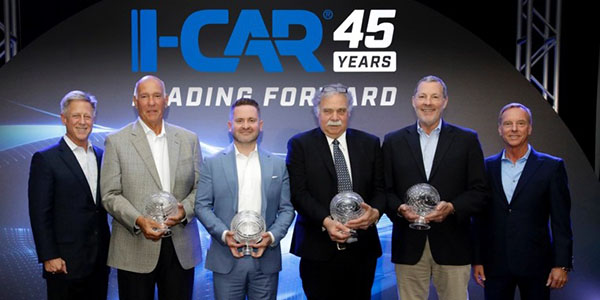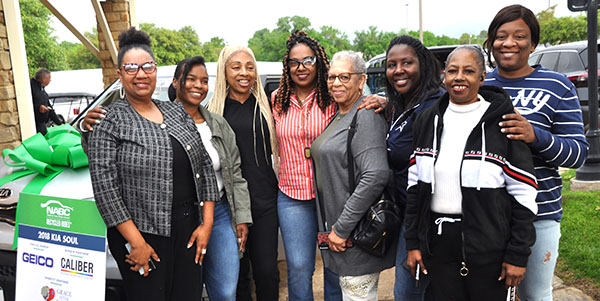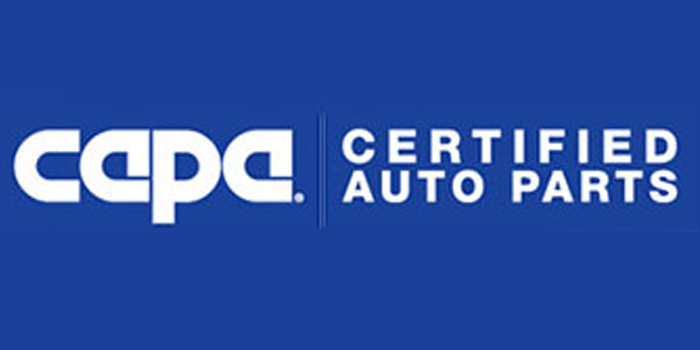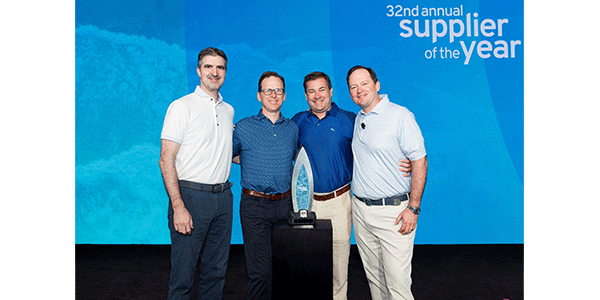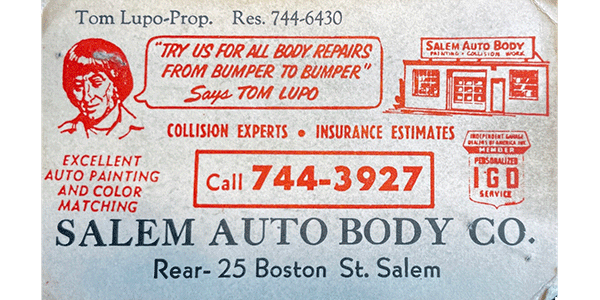General Motors Research & Development announced it has invented an industry-first aluminum welding technology expected to enable more use of the lightweight metal on future vehicles.
GM’s new resistance spot welding process uses a patented multi-ring domed electrode that does what it says smooth electrodes are unreliable at doing – welding aluminum to aluminum. By using this process, GM expects to eliminate nearly two pounds of rivets from aluminum body parts such as hoods, liftgates and doors. The process will also allow GM to avoid the hundreds of millions of dollars Ford spent to retool their assembly plants for the metal.
GM already uses this patented process on the hood of the Cadillac CTS-V and the liftgate of the hybrid versions of Chevrolet Tahoe and GMC Yukon. GM plans to use this technology more extensively starting in 2013.
“The ability to weld aluminum body structures and closures in such a robust fashion will give GM a unique manufacturing advantage,” said Jon Lauckner, GM chief technology officer and vice president of Global R&D. “This new technology solves the long-standing problem of spot welding aluminum, which is how all manufacturers have welded steel parts together for decades. It is an important step forward that will grow in importance as we increase the use of aluminum in our cars, trucks and crossovers over the next several years.”
Spot welding uses two opposing electrode pincers to compress and fuse pieces of metal together, using an electrical current to create intense heat to form a weld. The process is inexpensive, fast and reliable, but until now, not robust for use on aluminum in today’s manufacturing environment. GM’s new welding technique works on sheet, extruded and cast aluminum because GM’s proprietary multi-ring domed electrode head disrupts the oxide on aluminum’s surface to enable a stronger weld.
Historically, automakers have used self-piercing rivets to join aluminum body parts, because of variability in production with conventional resistance spot welding. However, rivets add cost and riveting guns have a limited range of joint configurations. In addition, end-of-life recycling of aluminum parts containing rivets is more complex.
“No other automaker is spot-welding aluminum body structures to the extent we are planning to, and this technology will allow us to do so at low cost,” said Blair Carlson, GM manufacturing systems research lab group manager. “We also intend to consider licensing the technology for non-GM production in automotive, heavy truck, rail and aerospace applications.”
According to Ducker Worldwide, a Michigan-based market research firm, aluminum use in vehicles is expected to double by 2025. The material offers many advantages over steel. One kilogram of aluminum can replace two kilograms of steel. It is corrosion-resistant and offers an excellent blend of strength and low mass that can help improve fuel economy and performance.
According to AluminumTransportation.org, a 5 percent to 7 percent fuel savings can be realized for every 10 percent weight reduction, and substituting lightweight aluminum for a heavier material is one way to do it. Cars made lighter with aluminum also can accelerate faster and brake quicker than their heavier counterparts.
“GM aims to be an industry leader in mass efficiency,” said Roger Clark, manager of the GM Energy Center. “Many little things can add up to big improvements in fuel economy. Incremental mass reductions, like using welds instead of rivets, can help our customers save at the pump.”


